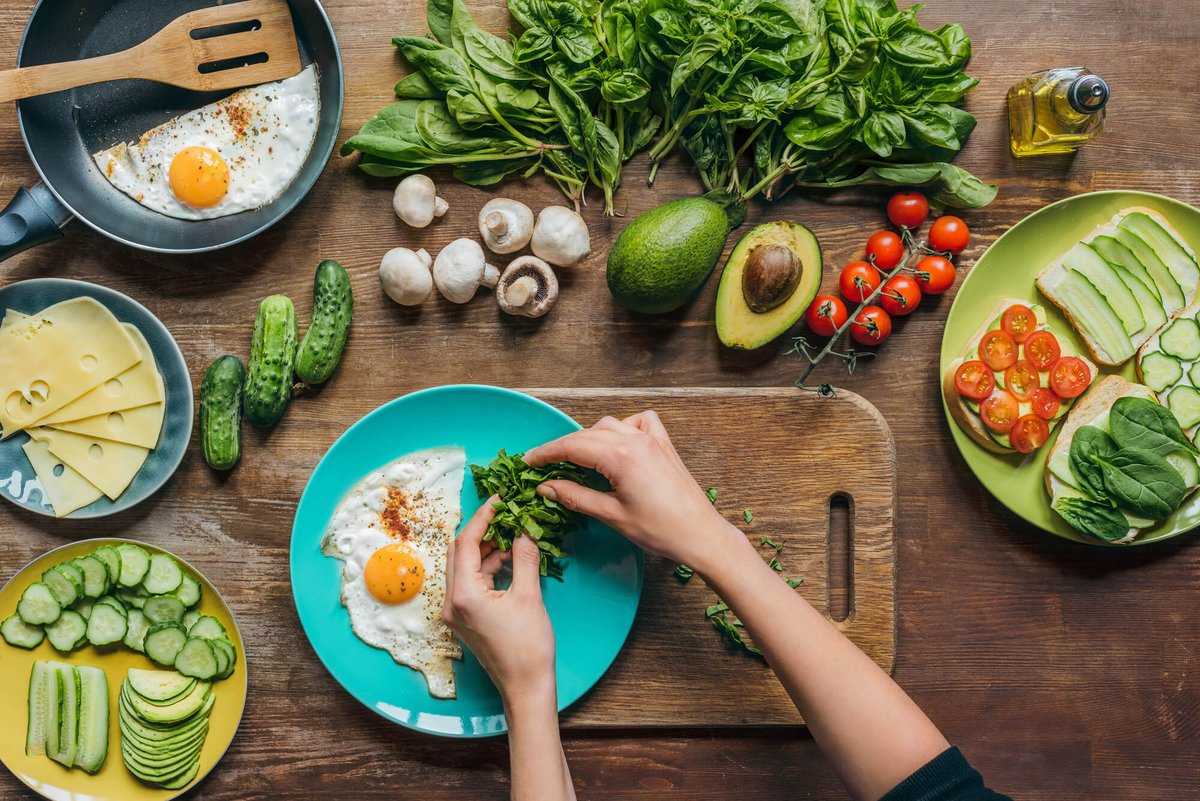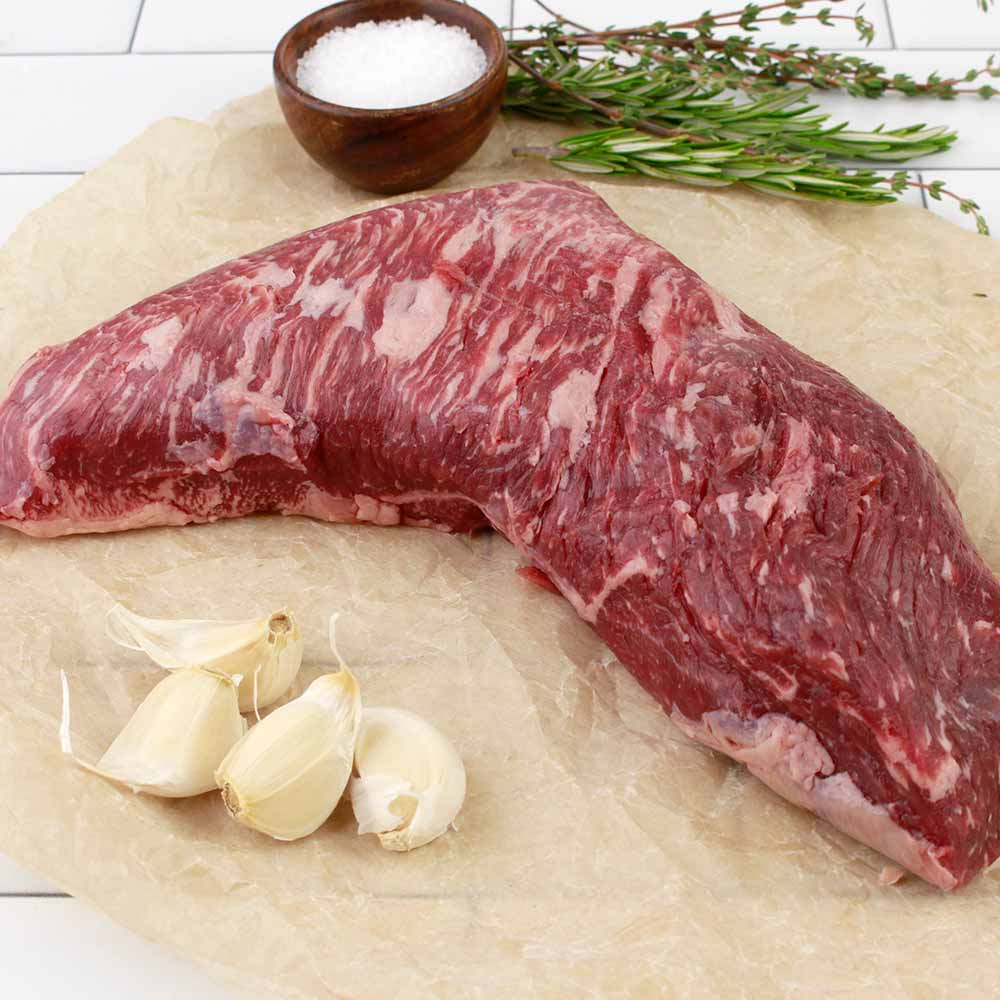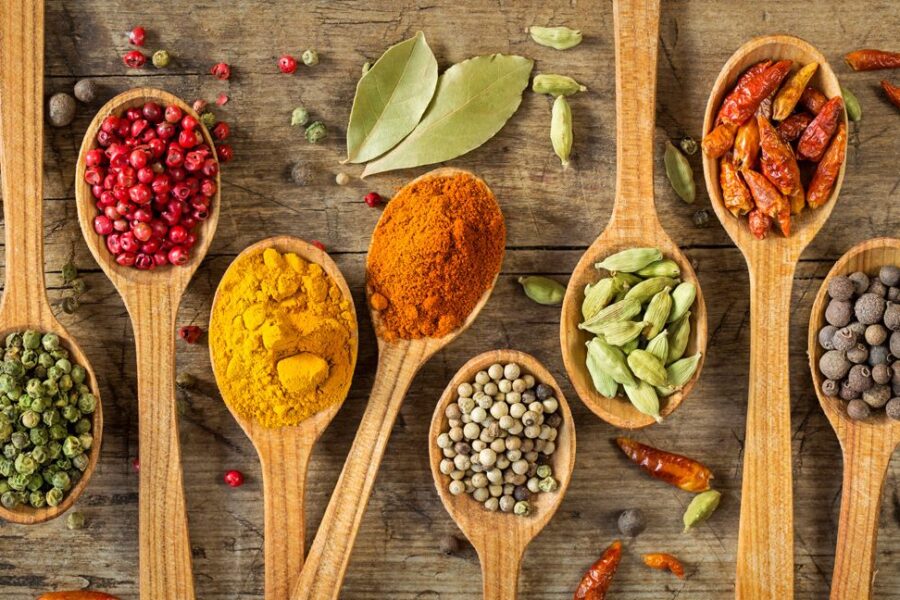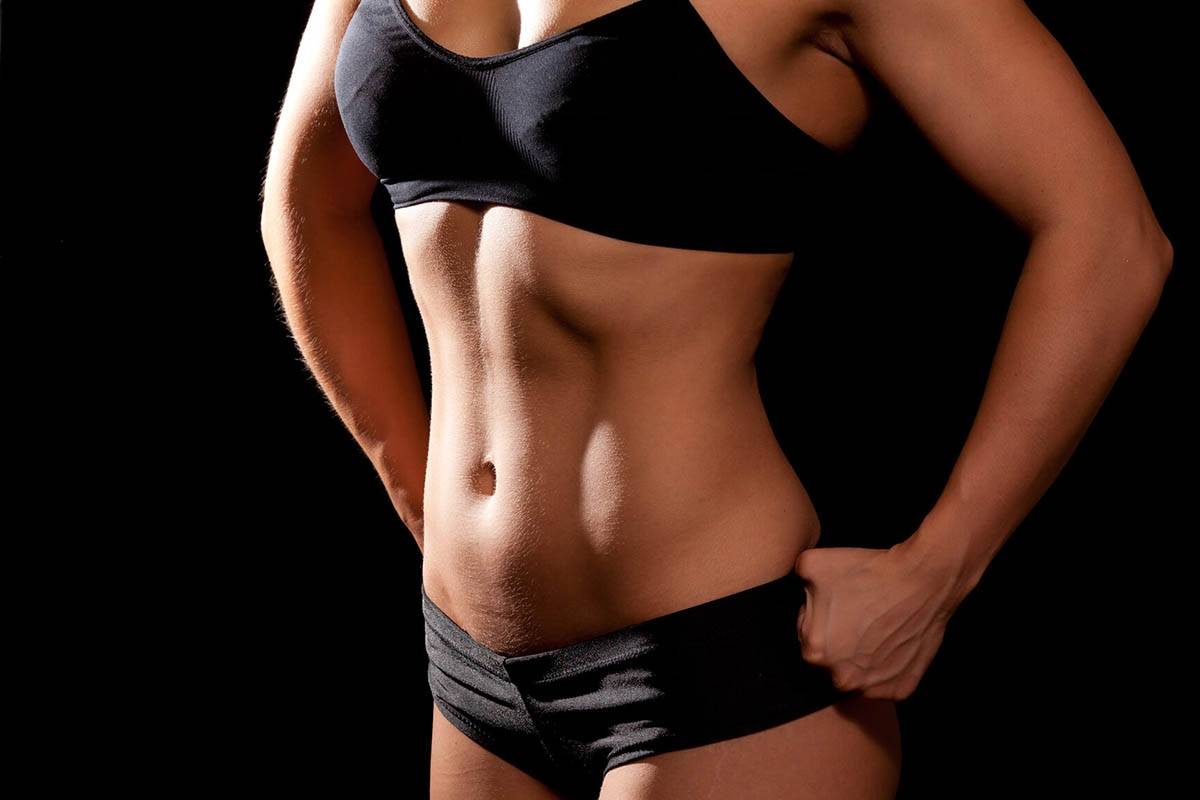The question often arises: What to eat before and after training, so that the training session gives the desired result?
Those who want to gain muscle mass are sometimes mistaken. They believe that it is enough to eat high-calorie, leaning on protein foods. In fact, this strategy is a good way to improve strength performance. But this method provides a very mediocre increase in lean muscle mass.
Others who feel the need to lose weight choose to cut out a lot of foods. The exceptions are fruits https://greenelly.com/, vegetables, some types of cereals and dairy products. Such a diet leads to a decrease in muscle mass and a drop in speed-strength indicators.
1. Carbohydrates and protein
Approximately 2-2.5 hours before training, you should provide the body with a moderate amount of carbohydrates with an average glycemic index and a moderate protein content.
2. Protein from easily digestible foods
30-45 minutes before a workout, protein should be ingested from easily digestible foods. It should never be pork or beef. Some varieties of this meat linger in the stomach for up to 5-6 hours. Better use the following power sources:
Whey Protein,
milk protein,
boiled fish,
skim cheese,
low fat cheese,
low fat yogurt.
At the same time, keep in mind that whey protein should not enter the body 2 hours before training, but 30-45 minutes.
3. Empty stomach
Carbohydrates that are consumed before training should provide energy, but not burden digestion. During the training process, the stomach should be empty. Otherwise, not only heaviness in the stomach will interfere. The body will be clogged with toxins released during the fermentation process. As practice has shown, the best sources of pre-workout carbohydrates are:
White rice,
bananas,
apples,
raisin,
baked potato,
any gainer or protein-carbohydrate drink (make sure that these mixtures contain a large amount of simple sugars).
4. Amino acids
For 30-40 minutes, take 5-7 gr. amino acids with branched BCAA side chains. Also, for burning fat, 1000-1500 mg will not hurt. L-carnitine (daily rate 5-7 gr.).
5. Protein-carbohydrate window
During training, the so-called “protein-carbohydrate anabolic window” opens up. It remains “open” for another 30-40 minutes after training. This is the period when the body absorbs nutrients 5-6 times better. But you don’t need to load yourself with a huge amount of high-calorie protein foods. After training, the body is not capable of such a feat. This is due to the large amount of blood that is in the worked muscles, and the blood supply to the stomach has not yet improved.
In other words, the more you eat, the less nutrients are effectively absorbed. However, this does not apply to all nutrients. If you take whey protein (at the rate of 0.4-0.6 g per 1 kg of body weight) and carbohydrates with a high glycemic index (0.8-1 g per 1 kg of body weight), the substances will be absorbed properly. In a situation where there is no desire to take even protein-carbohydrate shakes, they can be replaced with a few grams (or capsules) of amino acids (BCAAs are better) and a glass of grape juice.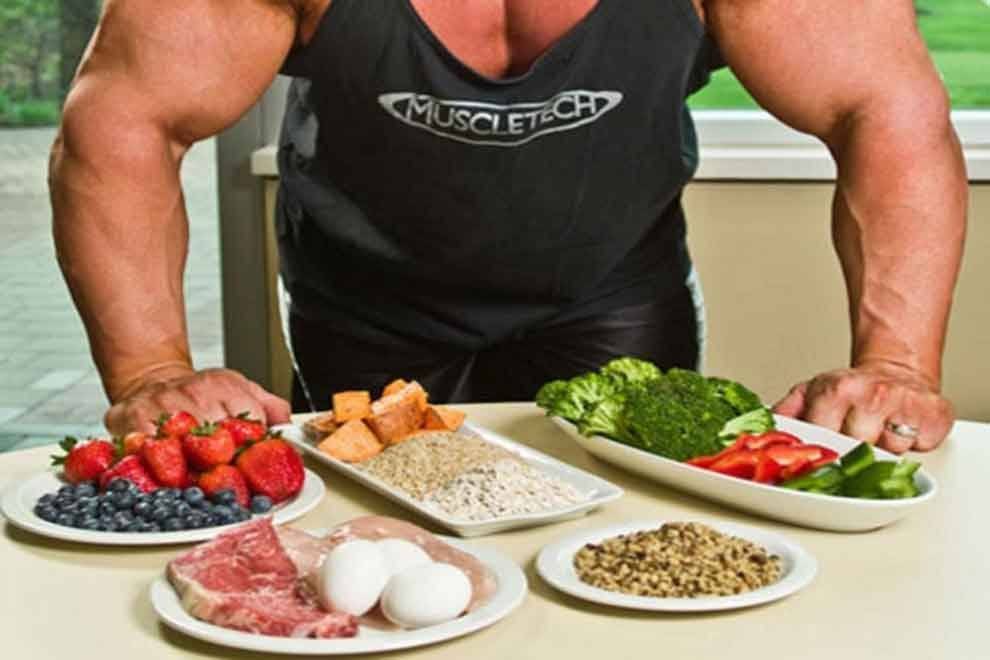
6. Feel free to eat!
An hour and a half after training, appetite inevitably comes. Here you can not be shy to eat fully. By this time, the blood circulation in the body is already adapting, and the enzymatic systems will tune in to food intake.
For those who want to get an increase in muscle mass:
meals during this period should contain a lot of carbohydrates with an average and low glycemic index, as well as an impressive serving of high-protein foods.
For those who are losing weight:
protein and carbohydrates with an average glycemic index.
7. Water separate from food
Arrange your meal in such a way that you do not drink water or juices with food. This loads the secretion of gastric juice and disrupts the process of normal digestion. Drink fluid – and it is extremely necessary for both gaining muscle mass and losing weight – between meals.
8. Gaining muscle mass and losing weight
If you are aiming to gain muscle mass, then include the following components in your daily diet:
lots of protein food
enough carbohydrates
healthy fats,
vitamin and mineral complexes,
at least 2 liters of water per day.
If the goal is weight loss, then a simple formula will help to correctly build a diet. Approximately 20 kilocalories per day for body weight in kg. for women, and 25-30 for men. The composition should be as follows:
60% – protein,
30-35% – carbohydrates,
5-10% fat.
This approach will allow the body to cope with excess weight without compromising health.

